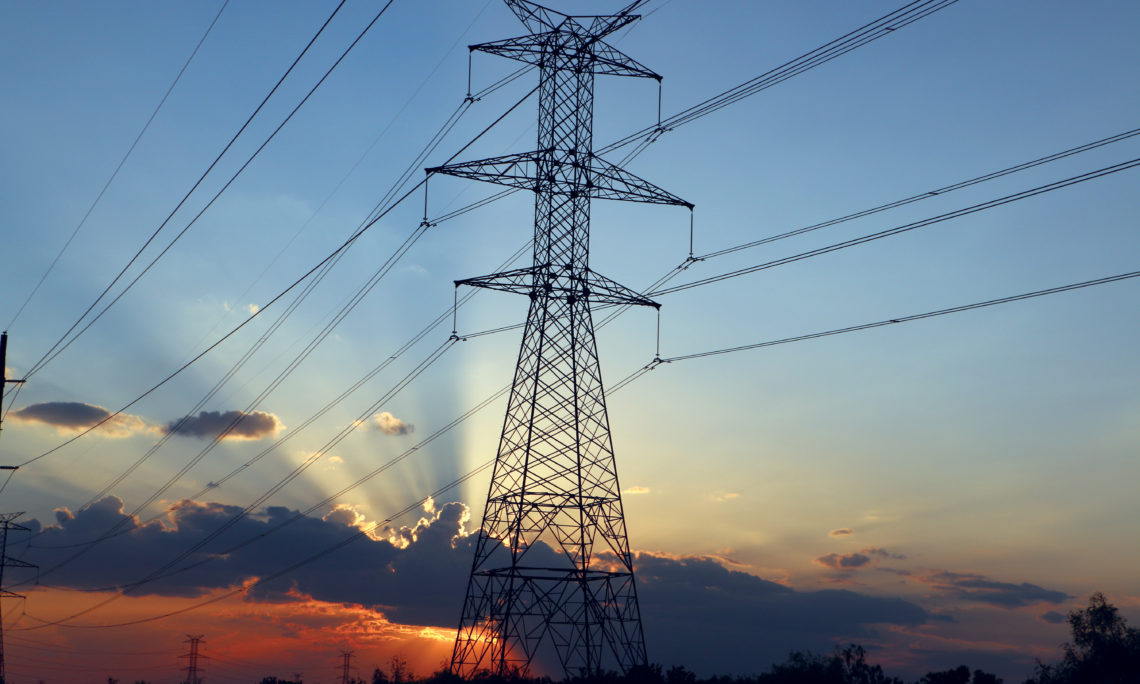
Black History Month Blog Series Round-Up
Black History Month Blog Series Round-Up
Due to the winter storm and energy crisis in late February, we postponed our Black History Month blog series. We’re excited to be concluding the series now with a round-up of all our Black History Month blogs highlighting leading Black voices on climate, equity, and clean energy issues. Below you can read an expert from each blog and find a link to the full blog on our website. A big thank you to all of our guest authors for sharing their thoughts and for their dedication to advancing climate, equity, and clean energy issues.
Fisayo Fadelu: A Look at Water Equity in Black History Month

“We have come a long, long way but we still have a long, long way to go”. (Dr. Martin Luther King, 1966 speech at the Southern Methodist University). Black History Month gives us an opportunity to acknowledge and celebrate the contributions of African Americans to American society. In each facet of American life, it is also a time for assessment and contrast—to measure the lived experiences of African Americans in their communities against our founding promises of opportunity and equality for all; to measure our strides and pace of progress towards the ideals we strive to attain. It is from this vantage point that Pecan Street is looking at the issue of water equity.

Because [race and energy are] inextricably connected, communities of color have a huge stake in energy. Even if you don’t work in the energy industry, your life is connected to it. For the last 100 years, energy has been the driving force behind the economy, especially here in Texas. The industry grew and prospered at the same time that black and other communities of color were politically disenfranchised, shut out of the growing economy and bore the brunt of the downsides of that growth. So today, power plants are more likely to be located in communities of color. People of color have lower homeownership, which means they have less authority over energy choices. They’re underrepresented in government, which means they have less say in the laws that limit pollution from energy. And they’re sorely underrepresented in the industry itself when it comes to leadership and jobs. The list goes on and on.
Dr. LaKisha Odom: What is the intersection of farming and ranching with climate?

Because [race and energy are] inextricably connected, communities of color have a huge stake in energy. Even if you don’t work in the energy industry, your life is connected to it. For the last 100 years, energy has been the driving force behind the economy, especially here in Texas. The industry grew and prospered at the same time that black and other communities of color were politically disenfranchised, shut out of the growing economy and bore the brunt of the downsides of that growth. So today, power plants are more likely to be located in communities of color. People of color have lower homeownership, which means they have less authority over energy choices. They’re underrepresented in government, which means they have less say in the laws that limit pollution from energy. And they’re sorely underrepresented in the industry itself when it comes to leadership and jobs. The list goes on and on.
Rory Christian: States Remain in the Driver’s Seat of the Just Transition

Because [race and energy are] inextricably connected, communities of color have a huge stake in energy. Even if you don’t work in the energy industry, your life is connected to it. For the last 100 years, energy has been the driving force behind the economy, especially here in Texas. The industry grew and prospered at the same time that black and other communities of color were politically disenfranchised, shut out of the growing economy and bore the brunt of the downsides of that growth. So today, power plants are more likely to be located in communities of color. People of color have lower homeownership, which means they have less authority over energy choices. They’re underrepresented in government, which means they have less say in the laws that limit pollution from energy. And they’re sorely underrepresented in the industry itself when it comes to leadership and jobs. The list goes on and on.





